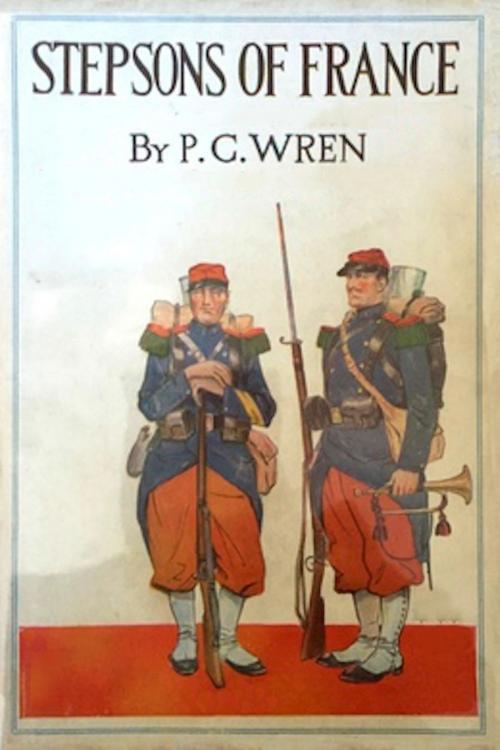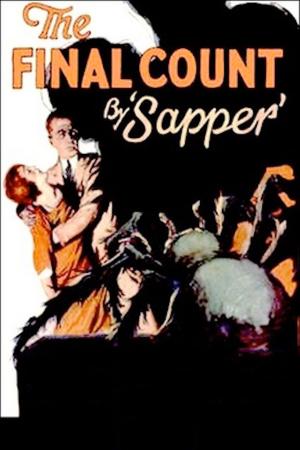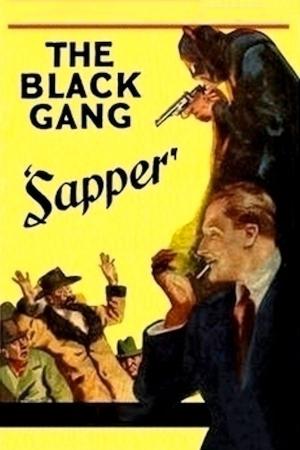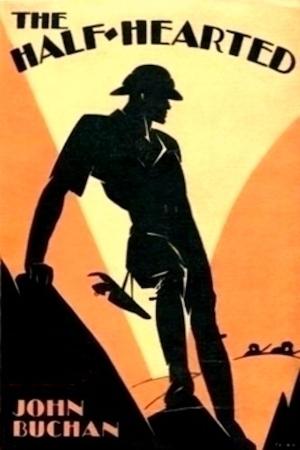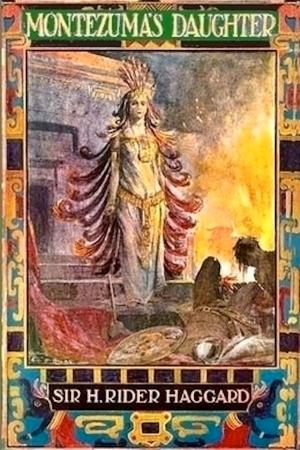| Author: | P. C. Wren | ISBN: | 1230002261850 |
| Publisher: | BookLife | Publication: | April 9, 2018 |
| Imprint: | Language: | English |
| Author: | P. C. Wren |
| ISBN: | 1230002261850 |
| Publisher: | BookLife |
| Publication: | April 9, 2018 |
| Imprint: | |
| Language: | English |
At the Depôt at Sidi–bel–Abbès, Sergeant–Major Suicide–Maker was a devil, but at a little frontier outpost in the desert, he was the devil, the increase in his degree being commensurate with the increase in his opportunities. When the Seventh Company of the First Battalion of the Foreign Legion of France, stationed at Aïnargoula in the Sahara, learned that Lieutenant Roberte was in hospital with a broken leg, it realized that, Captain d'Armentières being absent with the Mule Company, chasing Touaregs to the south, it would be commanded for a space by Sergeant–Major Suicide–Maker—in other words by The Devil.
Not only would it be commanded by him, it would be harried, harassed, hounded, bullied, brow–beaten, and be–devilled; it would be unable to call its soul its own and loth to so call its body.
On realizing the ugly truth, the Seventh Company gasped unanimously and then swore diversely in all the languages of Europe and a few of those of Asia and Africa. It realized that it was about to learn, as the Bucking Bronco remarked to his friend John Bull (once Sir Montague Merline, of the Queen's African Rifles), that it had been wrong in guessing it was already on the ground–floor of hell. Or, if it had been there heretofore, it was now about to have a taste of the cellars.
Sergeant–Major Suicide–Maker had lived well up to his reputation, even under the revisional jurisdiction and faintly restraining curb of Captain d'Armentières and then of Lieutenant Roberte.
Each of these was a strong man and a just, and though anything in the world but mild and indulgent, would not permit really unbridled vicious tyranny such as the Sergeant–Major's unsupervised, unhampered sway would be. Under their command, he would always be limited to the surreptitious abuse of his very considerable legitimate powers. With no one above him, the mind shrank from contemplating the life of a Legionary in Aïnargoula, and from conceiving this worthy as absolute monarch and arbitrary autocrat.
At the Depôt at Sidi–bel–Abbès, Sergeant–Major Suicide–Maker was a devil, but at a little frontier outpost in the desert, he was the devil, the increase in his degree being commensurate with the increase in his opportunities. When the Seventh Company of the First Battalion of the Foreign Legion of France, stationed at Aïnargoula in the Sahara, learned that Lieutenant Roberte was in hospital with a broken leg, it realized that, Captain d'Armentières being absent with the Mule Company, chasing Touaregs to the south, it would be commanded for a space by Sergeant–Major Suicide–Maker—in other words by The Devil.
Not only would it be commanded by him, it would be harried, harassed, hounded, bullied, brow–beaten, and be–devilled; it would be unable to call its soul its own and loth to so call its body.
On realizing the ugly truth, the Seventh Company gasped unanimously and then swore diversely in all the languages of Europe and a few of those of Asia and Africa. It realized that it was about to learn, as the Bucking Bronco remarked to his friend John Bull (once Sir Montague Merline, of the Queen's African Rifles), that it had been wrong in guessing it was already on the ground–floor of hell. Or, if it had been there heretofore, it was now about to have a taste of the cellars.
Sergeant–Major Suicide–Maker had lived well up to his reputation, even under the revisional jurisdiction and faintly restraining curb of Captain d'Armentières and then of Lieutenant Roberte.
Each of these was a strong man and a just, and though anything in the world but mild and indulgent, would not permit really unbridled vicious tyranny such as the Sergeant–Major's unsupervised, unhampered sway would be. Under their command, he would always be limited to the surreptitious abuse of his very considerable legitimate powers. With no one above him, the mind shrank from contemplating the life of a Legionary in Aïnargoula, and from conceiving this worthy as absolute monarch and arbitrary autocrat.
